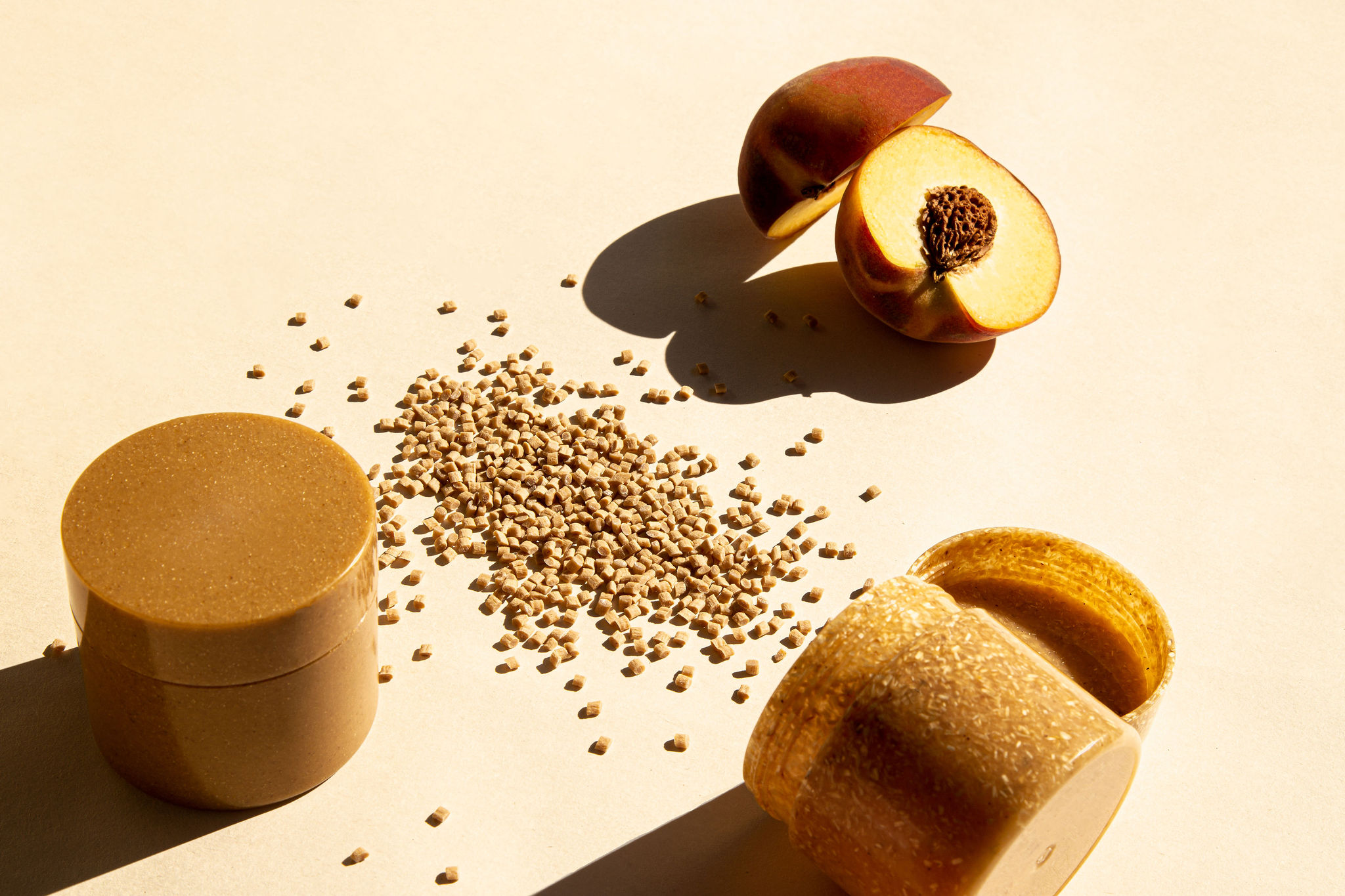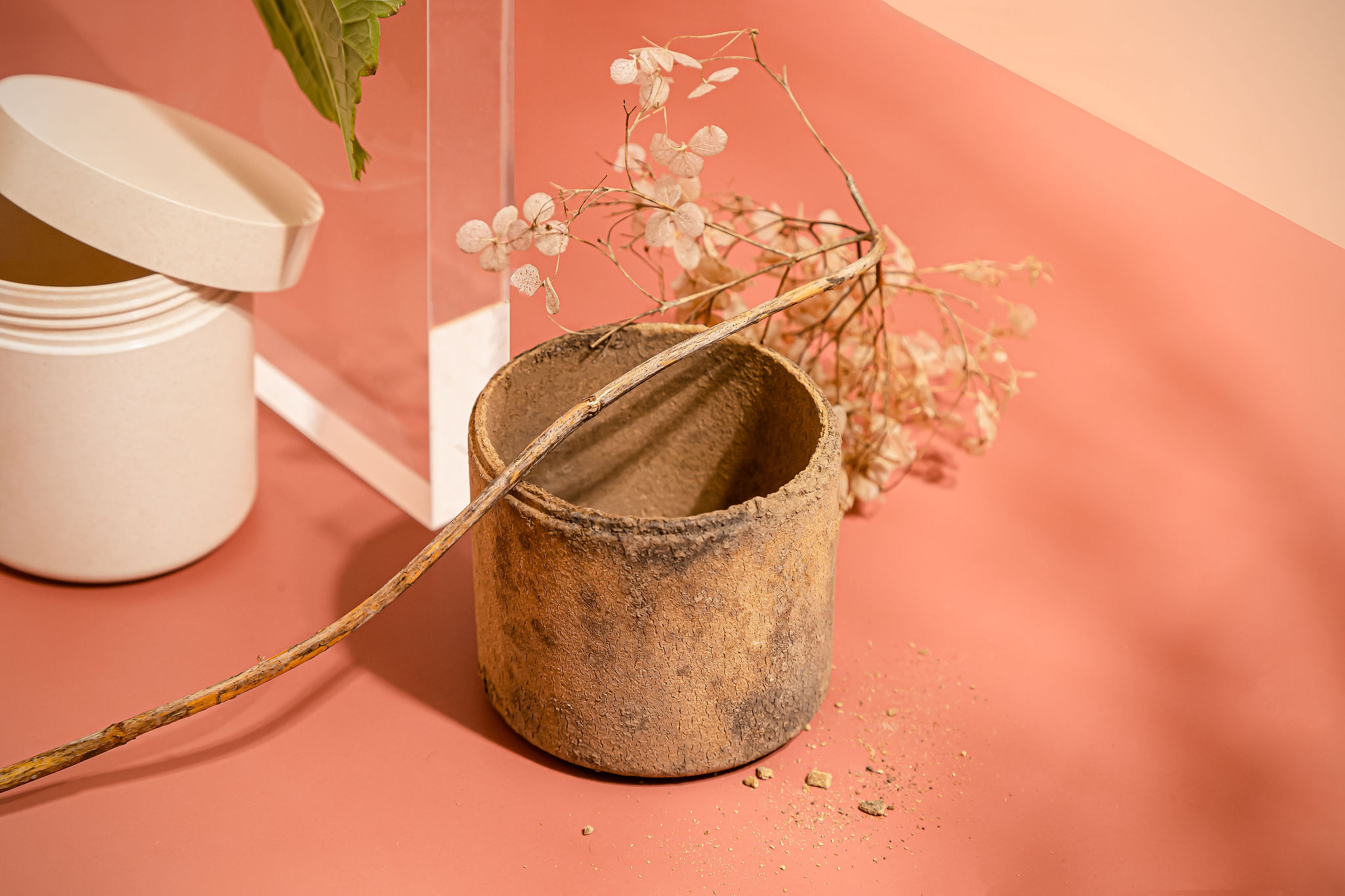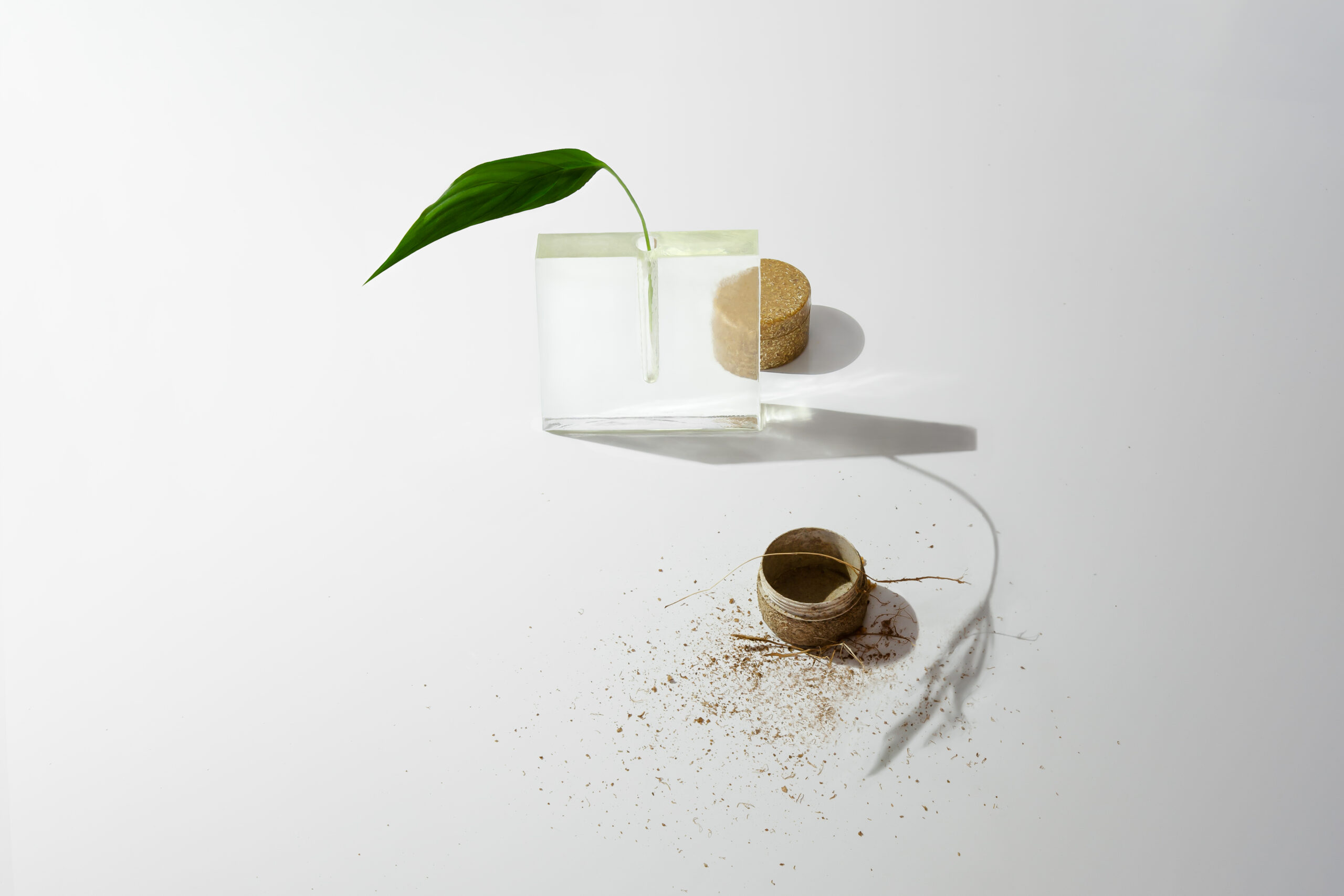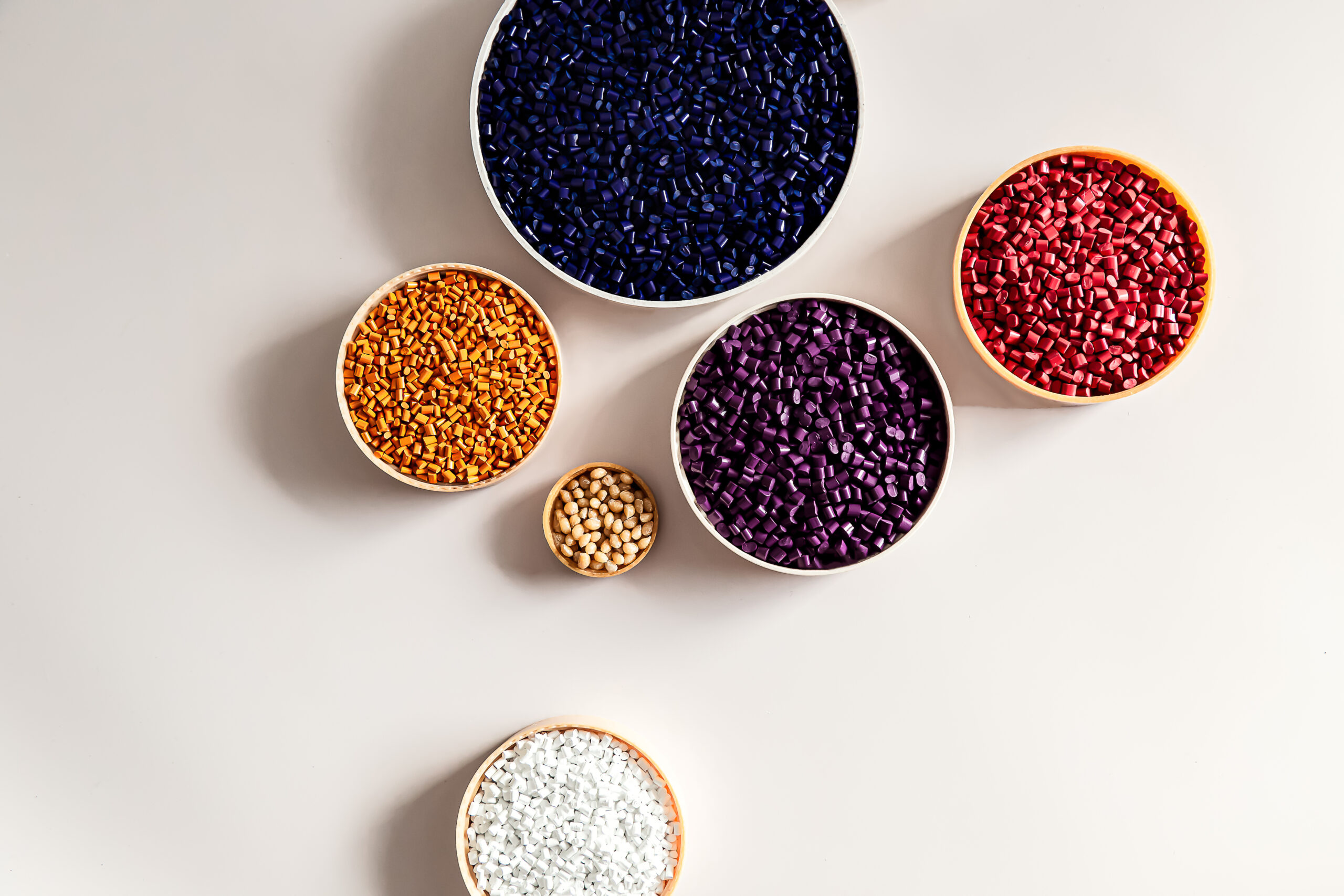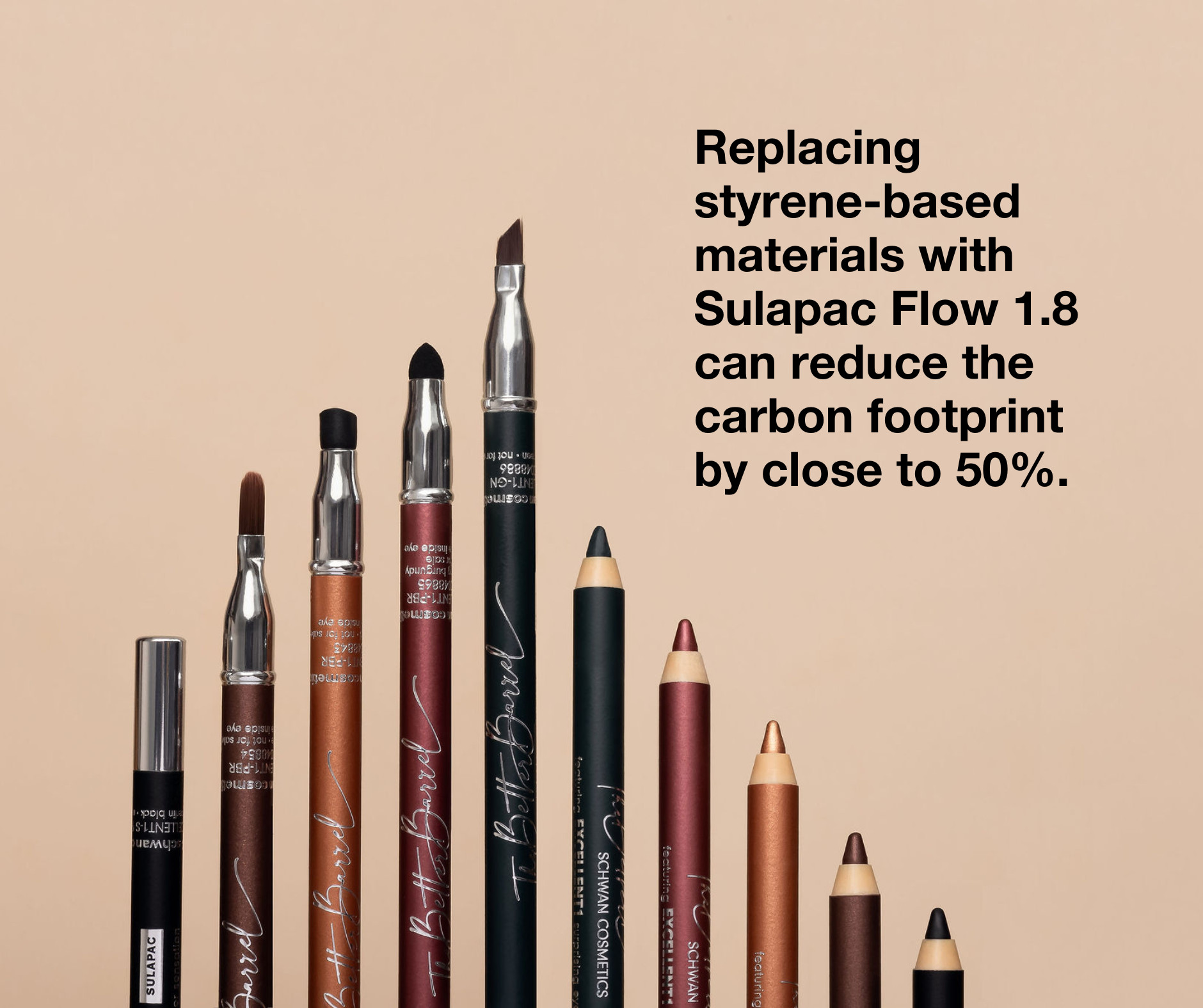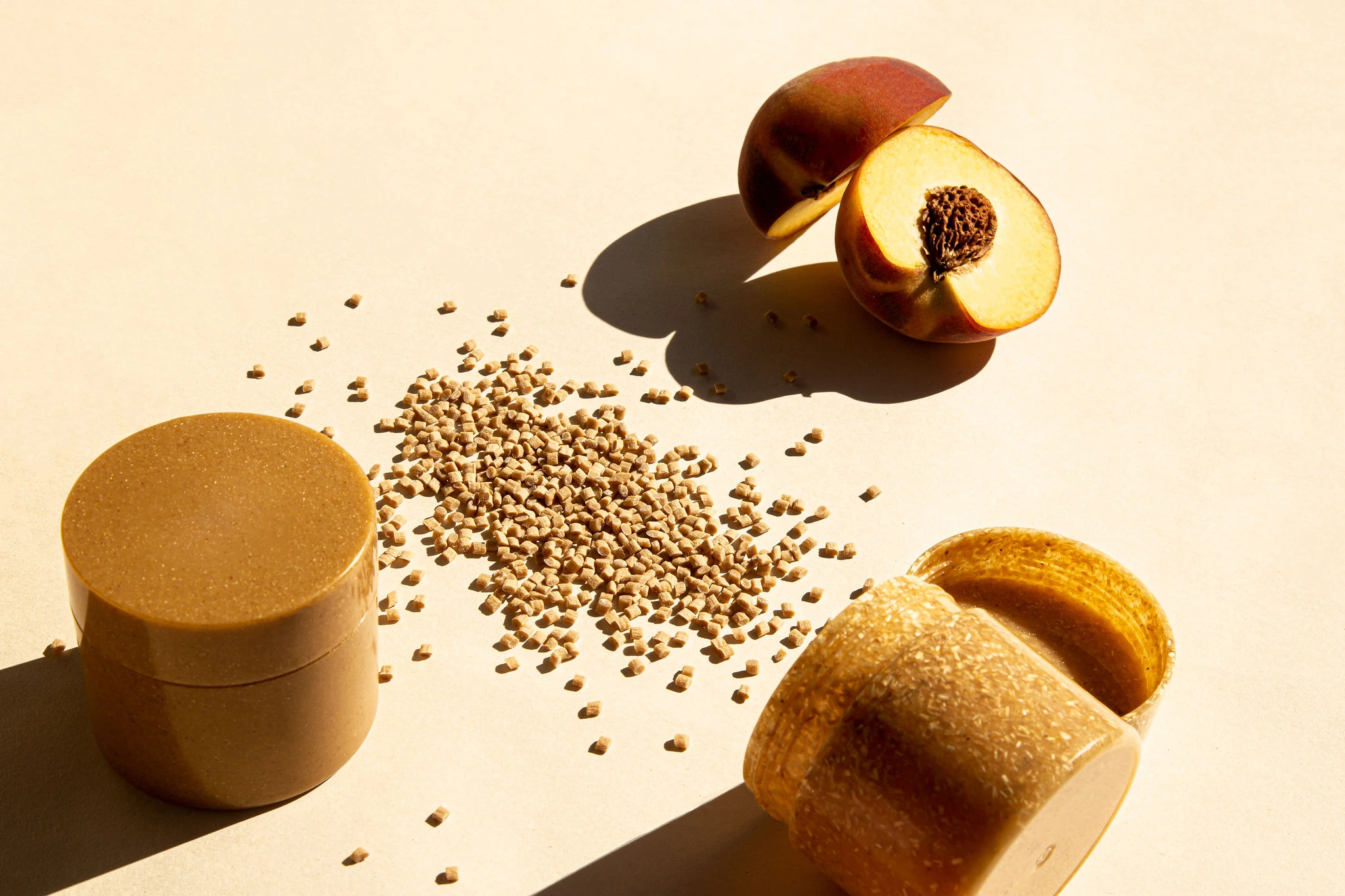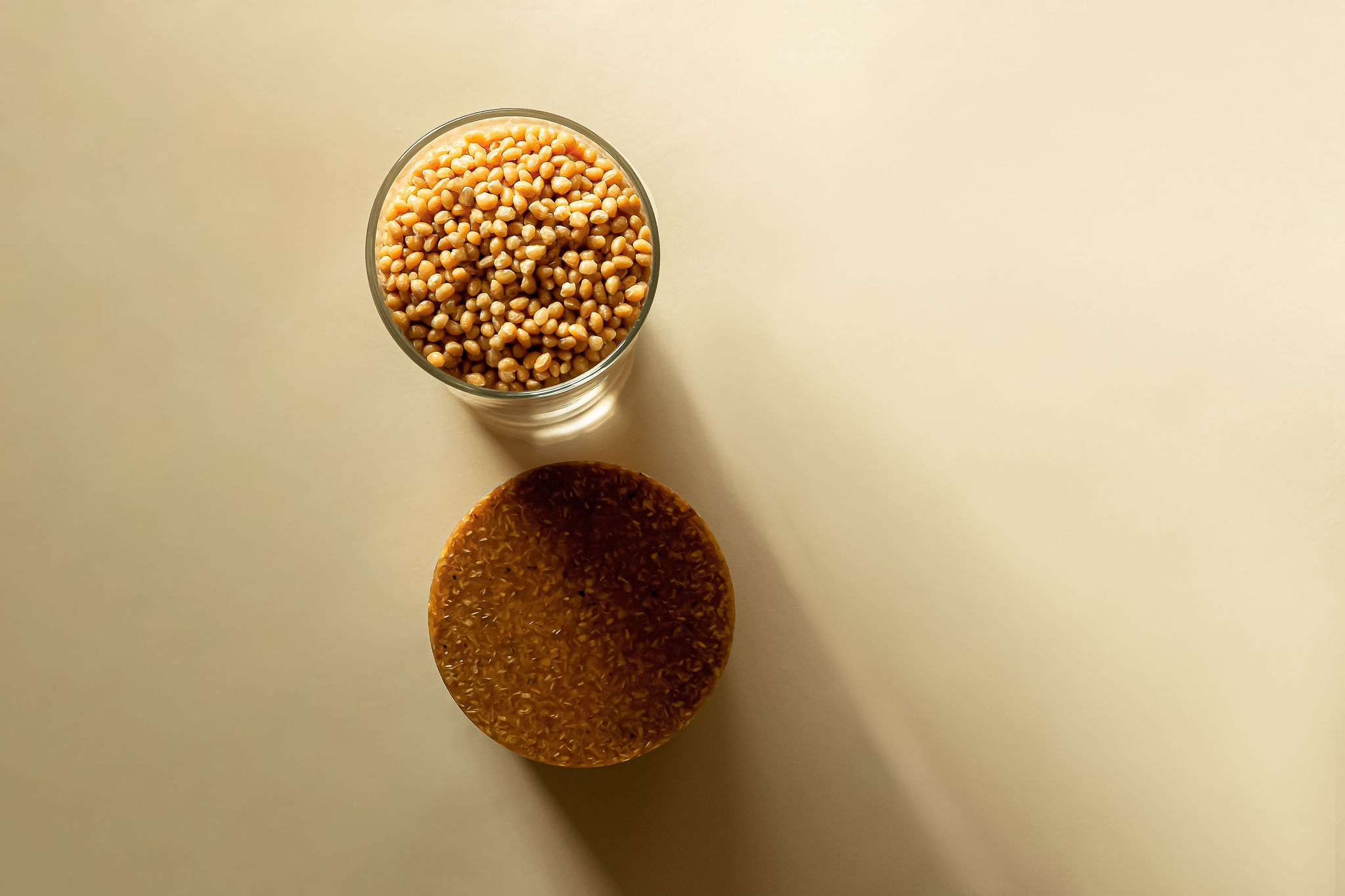Nature knows best. That’s why we design Sulapac materials to mimic the beauty, functionality, and circularity of nature.
1) USDA Bio-based certification for most recipes. Certification info available in the technical data sheet of each material.
2)Depending on the material grade, Sulapac materials show 49,7–100% relative biodegradation into CO2 in 420 days or less in simulated marine environment (30C)(ASTM D6691). Sulapac Universal also tested according to ASTM 5511 (accelerated biodegradation in the landfill, 37C): reached 68% relative biodegradation in 160 days.
3) For example, 0,09 kg CO2eq/kg for Sulapac Universal (Cradle-to-gate LCA screening performed by an independent third-party consultancy). The corresponding value for polypropylene is 1,7 kg CO2eq/kg. The value for each material can be found within the individual material descriptions.
4) Can be recycled through hydrolysis back to monomers, suitable as feedstock for recycled biopolymers. Chemical recyclability of Sulapac (excluding Barrier and Heat recipes) has been tested and proven technically feasible by a third-party industrial company. Field tests have also verified that Sulapac materials can be collected and sorted out of a mixed waste stream. When collected together, Sulapac materials do not interfere with the current mechanical recycling of conventional fossil-based or bio-based non-biodegradable plastics. The technology for chemical recycling of bio-based and biodegradable materials exists, but the infrastructure is still under development.
5) Our wood originates from certified forests. We always follow our strict Policy for Sustainable Sourcing.
6) Ecotoxicity and threshold values for heavy metals tested according to EN 13432. All raw materials comply with the food contact requirements of the EU legislation.
7) Sulapac Solid and straw made of Sulapac Flow 1.7 have been tested for per-and polyfluoroalkyl substances (PFAS) by an independent laboratory (ISO/IEC 17025 certified) based on CEN/TS 15968 test method; No PFAS were detected.
8) BPI and/or Seedling certificate for most recipes. Certification info available in the technical data sheet of each material.
